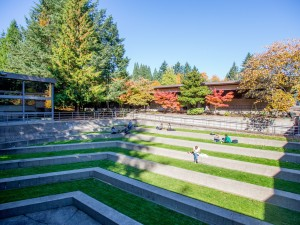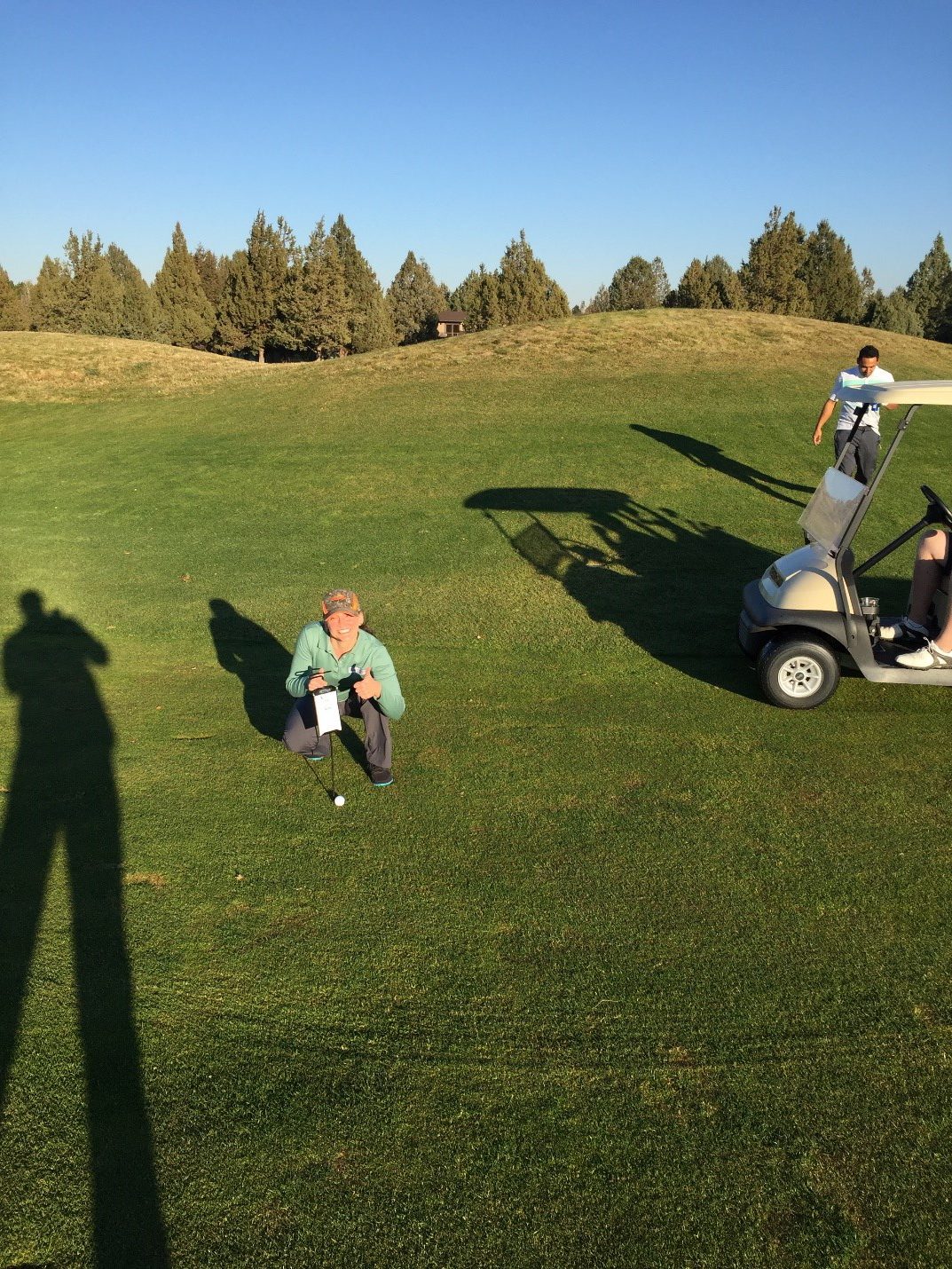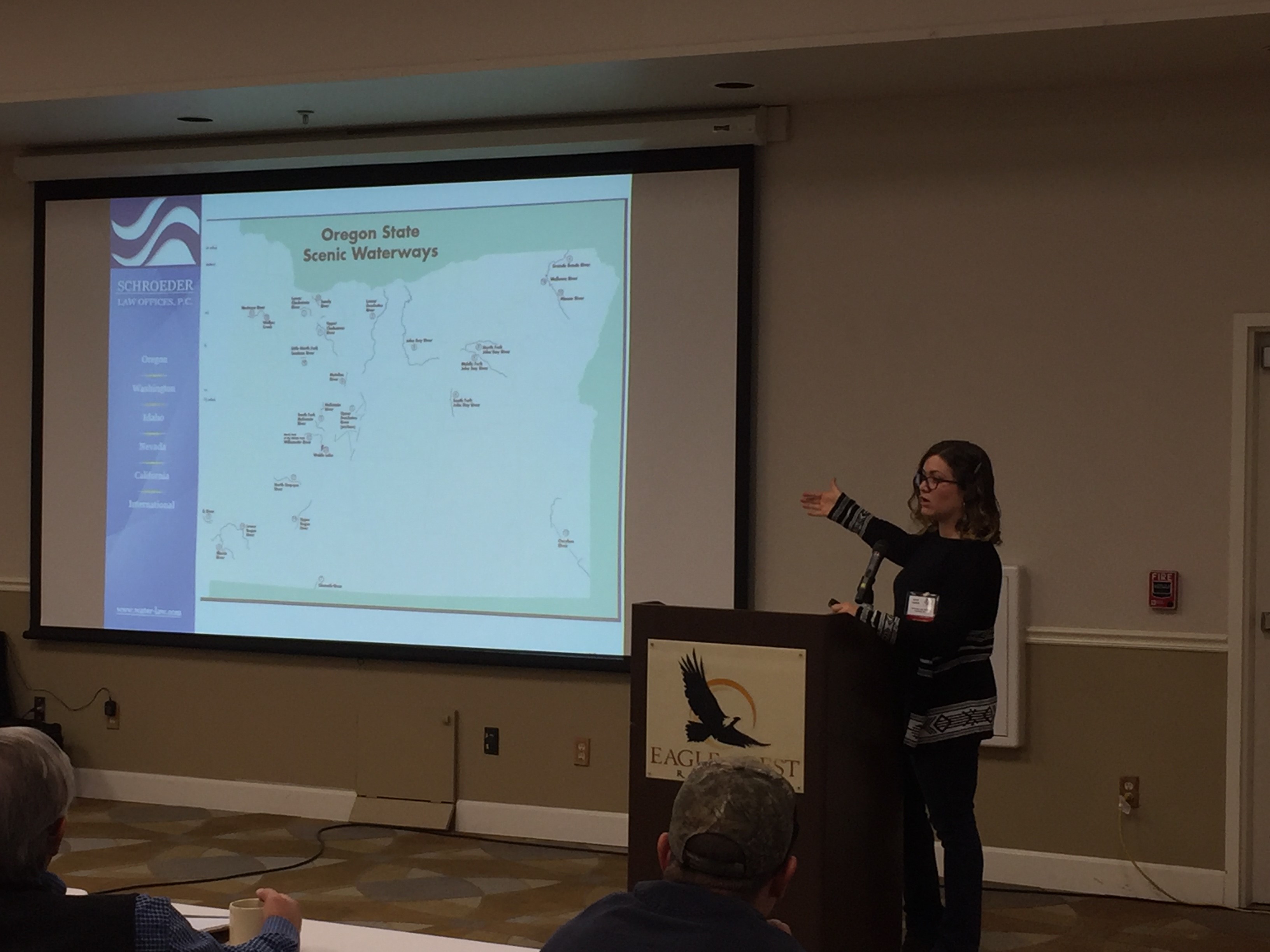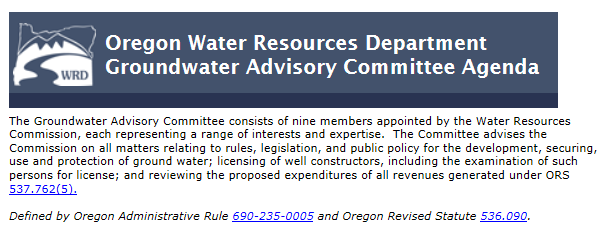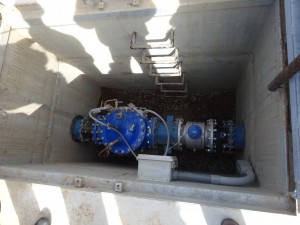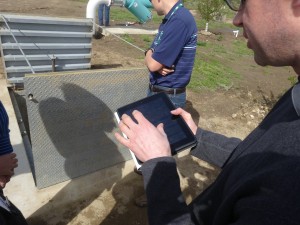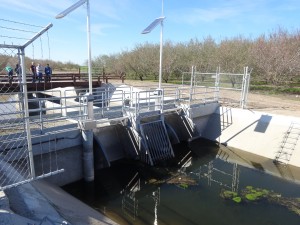On July 24, 2019, Tim Wilson, Nevada Division of Water Resources’ acting State Engineer gave an informative presentation on the 2019 Legislative Session. Mr. Wilson provided summaries of several water related bills that were introduced and/or passed during this session. A few of the more interesting bills are described below.
Assembly Bill 62 (AB 62)
AB 62 was introduced by the Committee on Natural Resources, Agriculture, and Mining on behalf of Nevada Division of Water Resources (“NDWR”) on November 19, 2018. This bill proposed legislative changes concerning the granting of Applications for Extensions of Time for Proofs of Completion only. It does not address Extensions of Time for Proofs of Beneficial Use. Currently a permittee is allowed any number of extensions of time to file a Proof of Completion of Work. According to Mr. Wilson, the threshold for granting an extension of time for a proof of completion is unreasonably low as the permittee need only show good faith and reasonable diligence to perfect their water right application. NRS 533.380 defines “reasonable diligence” as the “steady application of effort to perfect the application in a reasonably expedient and efficient manner under all the facts and circumstances.” Water cannot be placed to beneficial use unless and until the construction works are complete. Mr. Wilson noted that the granting of unlimited extensions of time is undermining the basic principal of beneficial use.
AB 62 sought to develop hard time limits on the filings of the Proofs of Completion of Work depending on the size of the project and the amount of money expended on the project. For example, a permit for municipal use would require a Proof of Completion to be filed within 15 years and at least $50,000 must be expended on the project. A permit for an irrigation or stockwater use would have a 5 year cap with a much smaller minimum expenditure. To accommodate permittees who are unable to complete construction of works for reason outside of their control, AB 62 proposed a “tolling” provision to suspend the time limit for express conditions such as the permittee is waiting on federal, state or local government consent necessary for the project or a pending court action or adjudication.
Many amendments were made to AB 62 and the bill was eventually passed by both the Assembly and the Senate. The Governor removed the majority of the language proposed, updated the statute to direct the State Engineer to adopt any regulation necessary to carry out provisions of the statute concerning Proofs of Completion and ordered that copies of the regulations be provided to any person upon request, signed the Bill, and directed NDWR to draft regulations. AB 62 as-enacted can be found at (https://www.leg.state.nv.us/App/NELIS/REL/80th2019/Bill/5987/Text). Workshops and public meetings will be held and NDWR plans to make the draft regulation language and updates available on their website at http://water.nv.gov/index.aspx.
Assembly Bill 95 (AB 95)
AB 95 was introduced by the Committee on Natural Resources, Agriculture, and Mining on behalf of the Legislative Committee on Public Lands on January 24, 2019. This bill proposed legislative changes for domestic well allowance during times of curtailment. Nevada statutes at NRS 534.110 require the State Engineer to conduct investigations of basins, or portions of basins; and, where it appears there is not enough groundwater supply to satisfy permittees and vested rights holders’ withdrawals, the State Engineer may order withdrawals (including withdrawals from domestic wells) to be restricted based on priority.
AB 95 amends the statutes so that in the event the State Engineer finds, or a court orders, State Engineer restriction, State Engineer curtailment, or basin designation under a Critical Management Area, the State Engineer can allow a domestic well to withdraw up to 0.5 acre feet annually, if it can be recorded by a water meter. The revised statute does not make domestic wells immune to curtailment but ensures they will still receive some water. AB 95 was passed by both the Assembly and Senate and was signed by the Governor. AB 95 as-enacted can be found at https://www.leg.state.nv.us/App/NELIS/REL/80th2019/Bill/6082/Text.
Senate Bill 140 (SB 140)
SB 140 was introduced by the Committee on Natural Resources on February 11, 2019 and proposed to reserve 10 percent of water available for appropriation in certain basins not yet fully or over appropriated. Senator Pete Goicoechea testified that the intent of SB 140 is to “avoid over-appropriation of available water in basins by placing a marker for retention.” SB 140 was passed by the Senate and Assembly and signed by the Governor. SB 140 as-enacted can be found at https://www.leg.state.nv.us/App/NELIS/REL/80th2019/Bill/6171/Text. As enrolled, NRS 533 will now include a provision wherein for each basin where there is uncommitted groundwater pursuant to existing permits, certificates or otherwise, the State Engineer shall reserve 10 percent of the total remaining, non-committed, unappropriated groundwater. As introduced, SB 140 intended for the reserved water to be available for use during times of drought or emergency, however, as enrolled, the statute further explains that the groundwater reserved in the basin is not available for any use.
During the presentation many questions and comments were posed as to how this will be implemented, and all the issues that come into play practically as well as legally. NDWR now must attempt to figure out the amounts of uncommitted water available: pending applications need to be resolved before this determination can be made; NDWR needs to determine how to address consumptive vs. non-consumptive uses; and, NDWR needs to decide how to address areas where basins share perennial yield amounts. One can only anticipate that this Bill will be amended in the future.
It is no secret that Nevada water is a precious resource that needs laws in place to protect its availability to current and future water users. Several bills in the 2019 session related to the protection and conservation of water. Nevada’s precarious water situation has gained the attention of our legislature and it will be interesting to see what water related bills will be introduced next session.

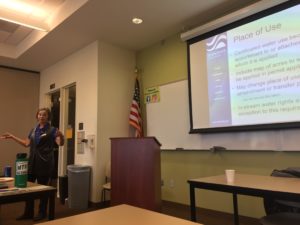

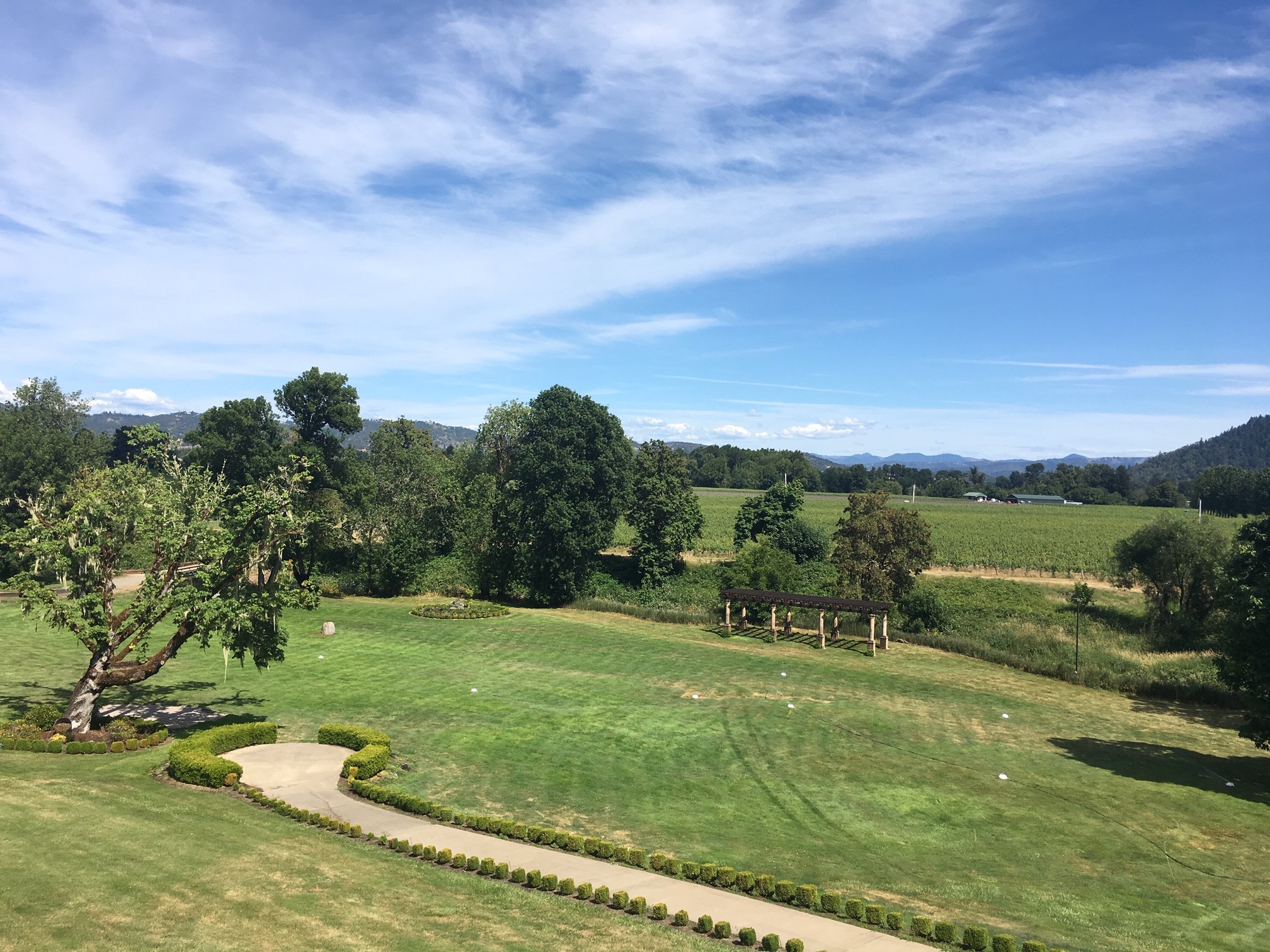


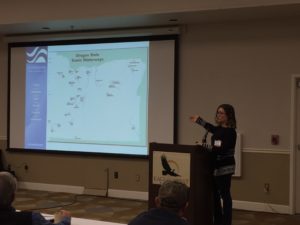

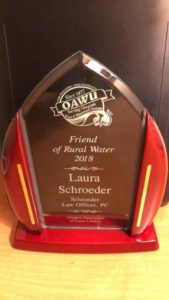
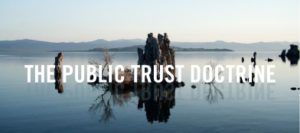

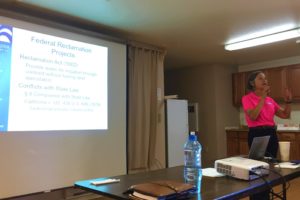


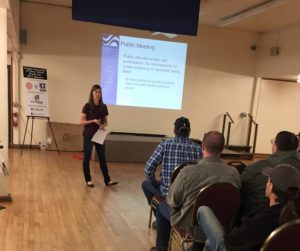

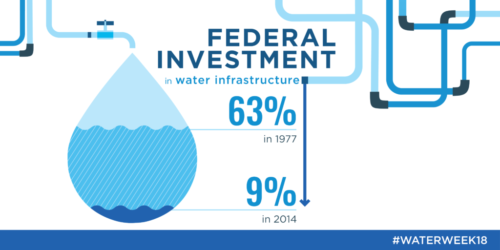 A few main events will take place during Water Week:
A few main events will take place during Water Week: 
